We carry out detailed monitoring of the amount of generated waste, we segregate it carefully
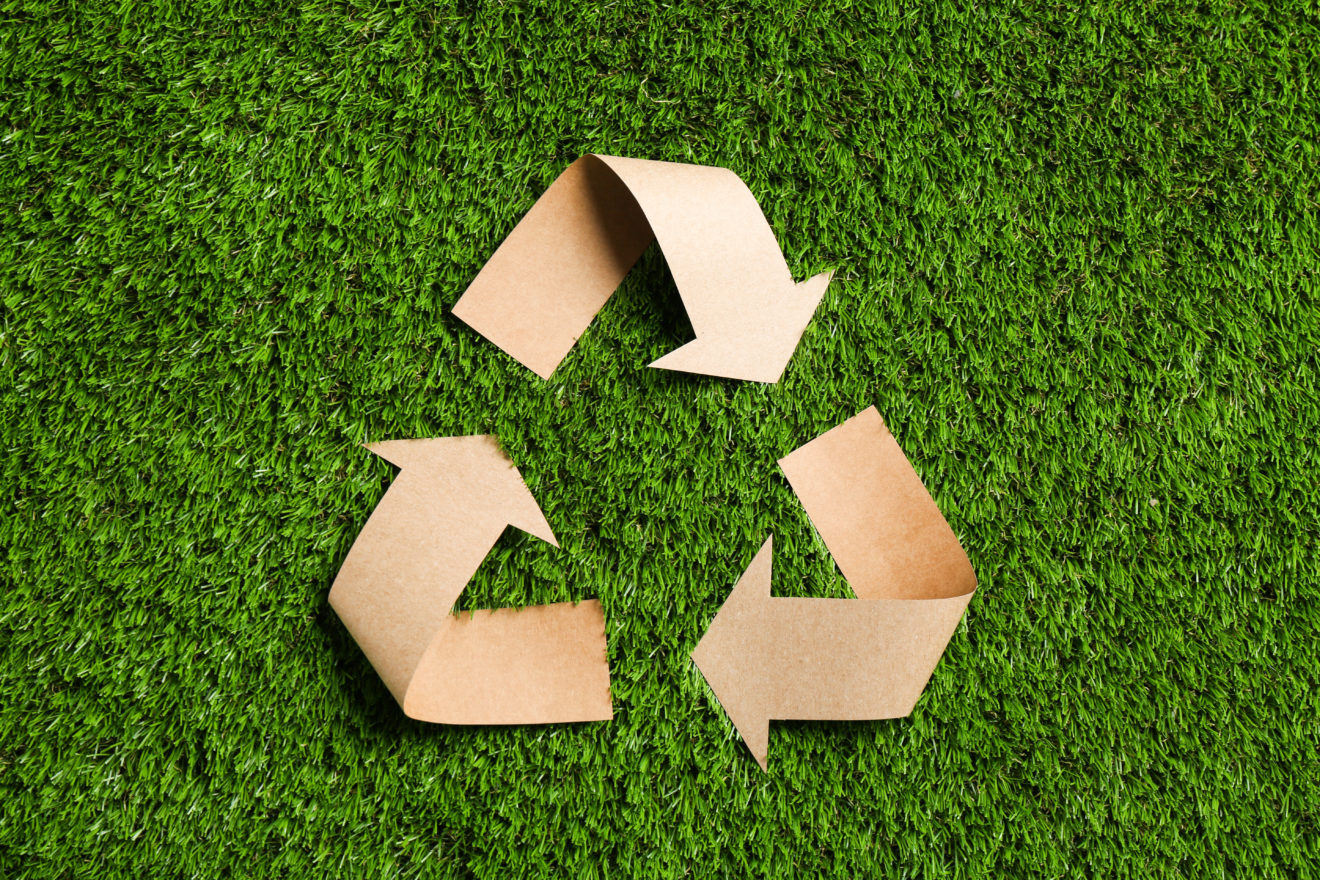

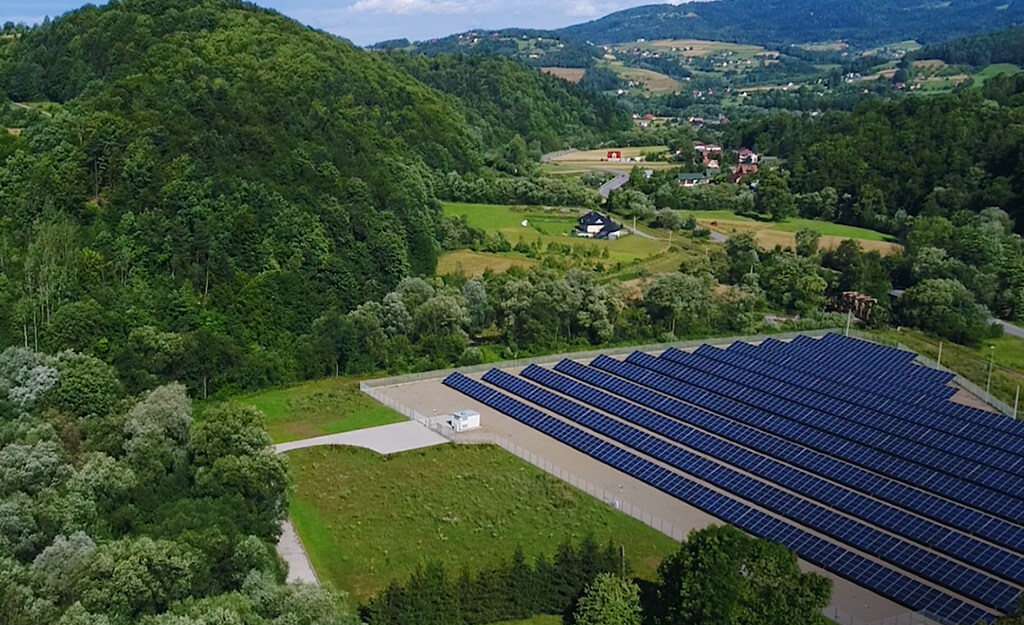
Since the beginning of its existence, Maspex has consistently strived to minimize the negative impact on the environment, in every area of its activity. By the end of 2023, we have spent a total of PLN 220 million on pro-ecological investments. In the next 2-3 years, we plan to spend another PLN 55 million on pro-ecological investments. Maspex is constantly striving to improve its production processes, using modern, energy-efficient, water-efficient and at the same time most efficient technological lines. We take care of the proper condition of machines and equipment, we have modern high-bay warehouses. The company plans production in a way that ensures maximum capacity utilisation; it also raises staff awareness through frequent training. Most of the Maspex production sites have Integrated Permits, which require them to use Best Available Techniques (BAT) for the food industry.
![]()
Less electricity consumption thanks to state-of-the-art production technologies.
![]()
Own photovoltaic farms allowing the conversion of solar energy into electricity – up to 9500 kWh per day.
![]()
Photovoltaic farms – total power 9,5 MW.
![]()
Energy-efficient LED lighting in warehouses and logistics centres.
![]()
Maximum reduction of energy, water and gas consumption.
![]()
A conscious reduction in the use of electricity in favour of ‘green energy’.

25% less carbon dioxide emissions when the production is integrated into an automated warehouse.

Recuperation systems or ventilation with heat recovery.

Modern gas-fired boiler plants equipped with high-class economisers with efficiency close to 97%.

20% ecological effect through the use of ground exchangers for ventilation.
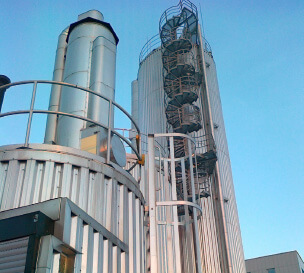
4 own modern wastewater treatment plants.
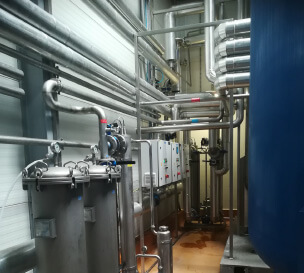
Drinking water treatment plants by means of ozone treatment and reverse osmosis, among others.
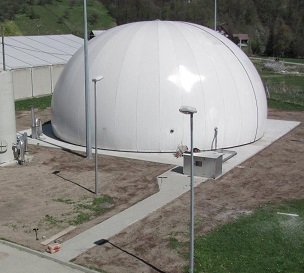
Up to 6,000 m³ of biogas per day from the wastewater treatment process.
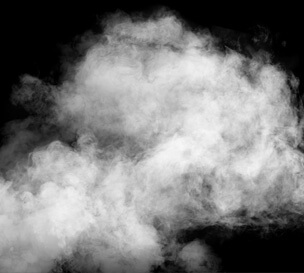
Closed steam and refrigeration circuits.
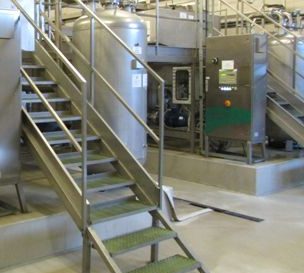
Advanced trigeneration and polygeneration systems and co-firing in plant boiler plants to convert biogas into electricity.
 Segregation and recycling of all production waste
Segregation and recycling of all production waste Reducing the weight of plastic packaging for juices, nectars and drinks
Reducing the weight of plastic packaging for juices, nectars and drinks Cooperation with recovery organisations and the EKO-PAK Employers’ Association.
Cooperation with recovery organisations and the EKO-PAK Employers’ Association. 



